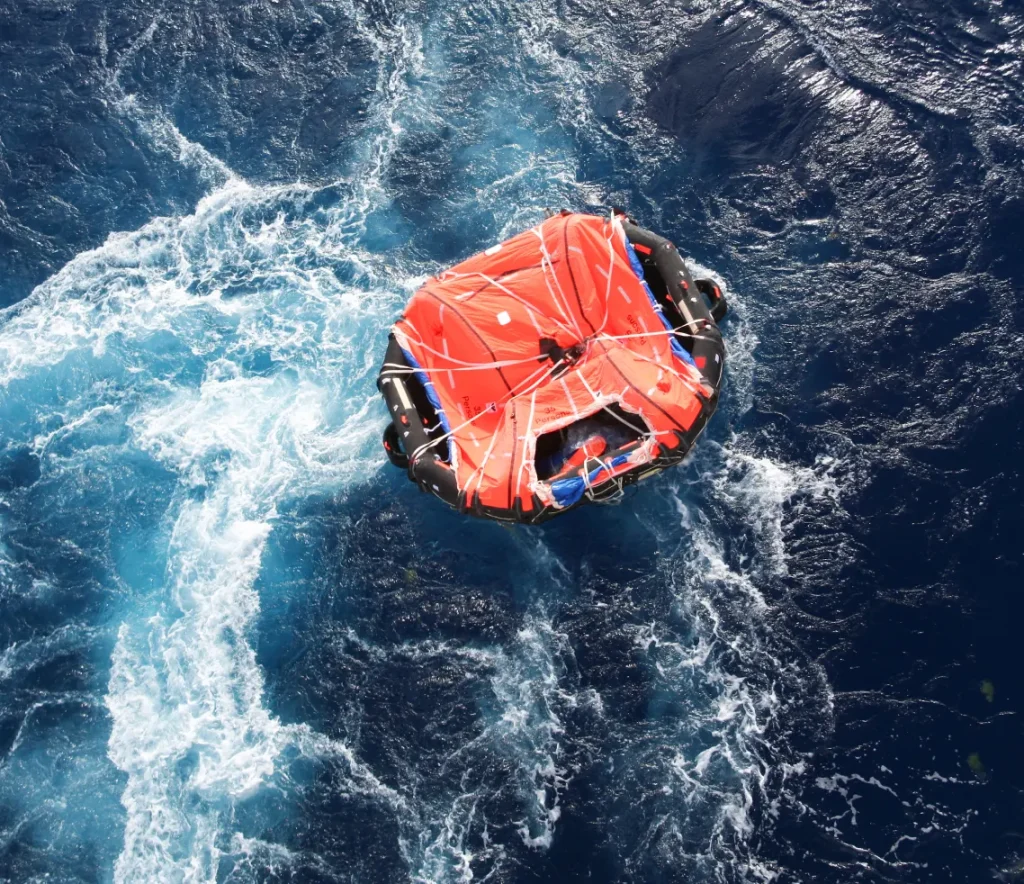Shipments moving internationally travel long distances across multiple modes of transportation. Depending upon the mode – sea, air, rail or truck, cargo is subject to different forces. Sea freight has the rise and fall from waves and the pitch and yaw of the ship. Containers on rails are jarred forwards and backwards as trains accelerate and decelerate. If the packing is substandard or space is left for the goods inside to move freely, the potential for damage is present and possible. Add a heightened and active environment of cargo theft as it exists today, insuring cargo is more important than ever.
In the event of damage or even a partial or total loss in transit, proper evidence preservation is crucial for ensuring a smooth claims process and maximizing your chances of being made whole for the loss.
Arete offers this simple ten-point checklist, which we have refined over time, to help you cover your bases and quickly settle a claim. This allows us to pursue possible subrogation against the entity that had the cargo in its possession at the time.
- Document the Damage Immediately
As soon as you discover any damage or loss, document it thoroughly. Take clear, well-lit photographs from multiple angles, capturing both the overall scene and close-up shots of specific damage. Everyone these days has a phone with a camera that can be used to take photographs.
Be sure to sign the delivery receipt with appropriate, detailed exceptions such as “hole in container” or “all cartons crushed.”These visual records are invaluable for claims adjusters.
- Keep All Packaging Materials
Don’t discard any packaging, even if it seems undamaged. The condition of boxes, crates, and internal packing materials can provide vital information about how the damage occurred.
- Maintain a Detailed Inventory
Create a comprehensive list of all damaged or lost items. Include descriptions, quantities, and, if possible, individual item values. This inventory will be essential for accurately assessing the claim’s value.
- Segregate Wet from Dry Cargo
Sort wet from dry cargo and thoroughly document the interior condition of the shipping container. Close the doors and see if light enters the container and document the location. Contact your adjuster directly for additional guidance.
- Collect and Organize All Relevant Documents
Gather all paperwork related to the shipment, including:
- Bill of lading
- Commercial invoice
- Packing list
- Insurance certificate
- Any correspondence with the carrier
- Signed delivery receipts noting any visible damage.
- Record Witness Statements
If anyone witnessed the damage occurring or discovered it, obtain their written statements while the event is fresh in their minds.
- Notify All Relevant Parties Immediately
Because of strict time limits to report claims, it is important to inform your insurance provider, the carrier, and any other involved parties in writing as soon as possible. Many policies have strict time limits for reporting claims.
- Mitigate Further Damage
While preserving evidence, take reasonable steps to prevent further damage to the cargo. This might include moving goods to a dry area or applying temporary protective measures.
- Keep a Chronological Record
Maintain a log of all actions taken, conversations had, and decisions made regarding the damaged cargo. This timeline can be crucial for the claims process.
- Consult with Claims Professionals like Arete
On each insurance certificate, you’ll find the adjuster’s name to contact in the event of a claim. Our role is to establish the facts and determine the payable amount of loss so that the insurer can pay the claim.
Following these evidence-preservation steps significantly increases the likelihood of a successful cargo claim. Remember, the more information and evidence you can provide, the easier it is for claims adjusters.
At Arete Adjusting, we understand the complexities of cargo claims and have established a network of surveyors and representatives who, if required, can physically examine the loss to ensure complete capture of the facts. To learn more about the role adjusters play in a cargo claim contact us today.


